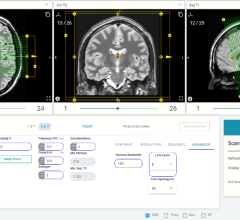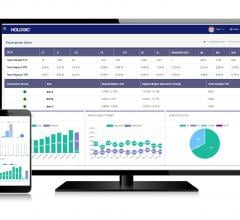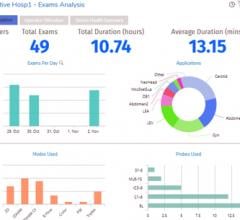Feb. 20, 3007 - U.S. researchers are launching a major population-based study to examine the genetic and environmental factors that may cause many diseases, including asthma, Alzheimer's, cancer, depression, diabetes, heart disease and reproductive problems, among others.
This is the first such study in the U.S. since the Framingham Heart Study began in 1948 with some 5,000 men and women. Data from that project has helped determine the risk factors and best treatments for heart disease ever since.
"That study continues to provide information that has radically changed the way cardiovascular disease is prevented and managed," Dr. Robert Pearl, executive director and chief executive officer of The Permanente Medical Group in California, which will sponsor the new research, said during a Wednesday teleconference.
The goal of the Kaiser Permanente Research Program on Genes, Environment and Health is to discover which genes and environmental factors are linked to specific diseases, he said.
"This research will benefit people in the future, because it uses what we have learned in the mapping of the human genome and builds on that, so we can better understand the environmental and genetic factors that effect human disease and how diseases can be treated," Dr. David Kessler, dean of the University of California, San Francisco School of Medicine and former head of the FDA, said during the teleconference.
To get started, Kaiser is spending $7 million and mailing requests to its almost 2 million adult HMO members in northern California, asking them to take part in the study. Kaiser is hoping to recruit 500,000 participants. The initial survey will ask questions about their background, health history, lifestyle and habits, and family medical history.
Later, those who enroll in the study and give written consent will be asked to provide blood or saliva samples that can be used to obtain genetic information.
Pearl expects this study to be as significant in the 21st century as Framingham was in the 20th century. "This study will allow us to understand how the individual genetic makeup of patients interacts with the environment -- the air they breathe, the water they drink and their lifestyle -- to either cause or prevent the development of various ailments," he said.
The study will also allow researchers to see the effect of new drugs as they are used by thousands of people.
One of the unique aspects of the Kaiser study is that researchers will be able to tie population-based data directly with patient's medical records. "The program will eventually link survey responses with clinical data and ultimately with genetic information," Dr. Joe Selby, the director of Kaiser Permanente's Division of Research, said during the briefing.
Kaiser expects to seek additional funding from the U.S. National Institutes of Health and other sources. And as the study progresses over the years, Kaiser plans to share the data with other researchers and institutions.
One expert applauds Kaiser's effort.
"It's been increasingly difficult to fund and enroll people in these kinds of studies in the United States," said Eugenia E. Calle, managing director of analytic epidemiology at the American Cancer Society. "There is a new cohort that is being formed in the United Kingdom called the UK Biobank, which will also link survey data with medical records and include 500,000 people," she noted.
One of the important aspects of the new U.S. study is that the participants can be followed for 20 to 30 years, Calle said. "You can query them over the years. New drugs come on the market, new hypotheses develop, and you are in a position to ask new questions and continue to follow them," she said.
Calle noted that the American Cancer Society is also starting a new population-based study. "We are enrolling nationwide and our goal is 500,000 people," she said. "If we don't start these new studies, we literally lose the ability to study our times," she said.
More information
To learn more about the new study, visit Kaiser Permanente.
Source: HealthDay


 January 15, 2024
January 15, 2024 








